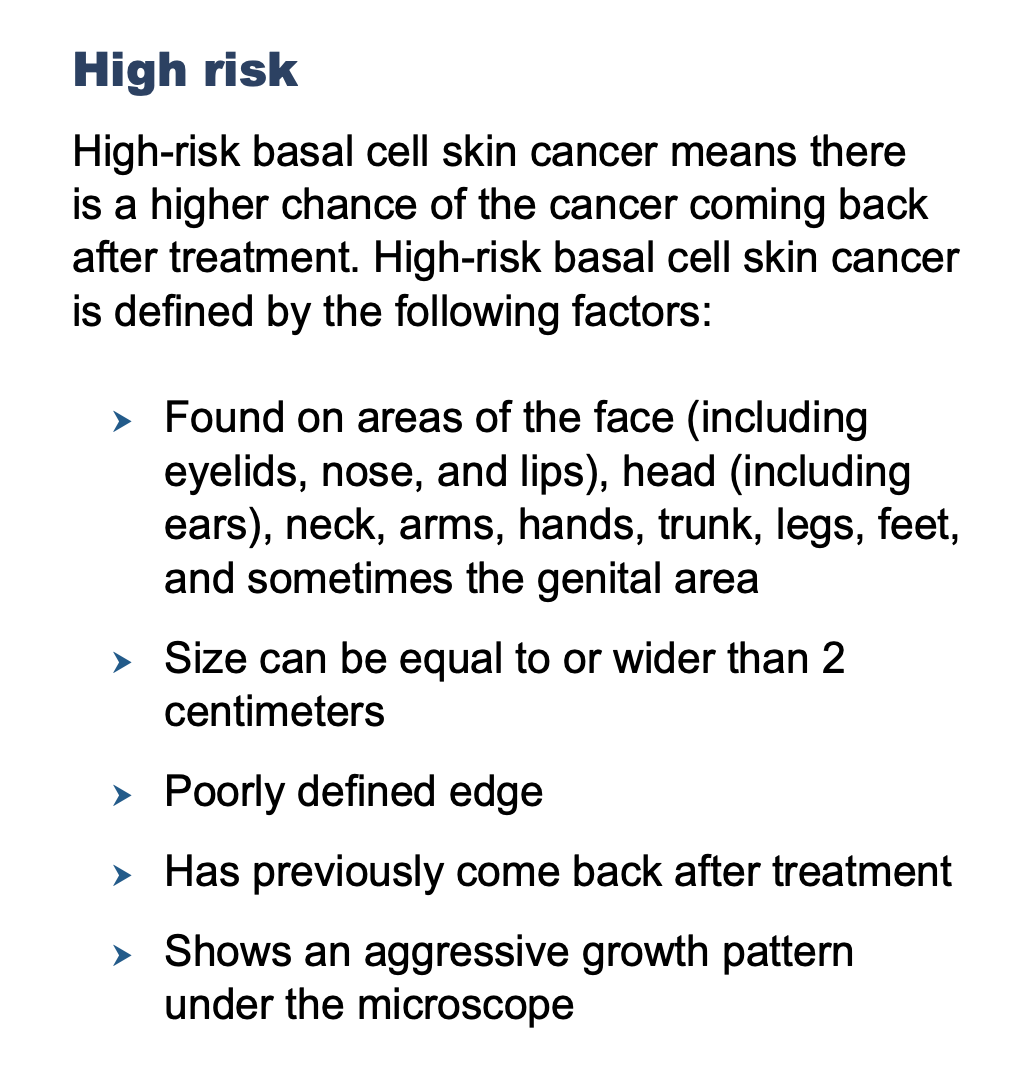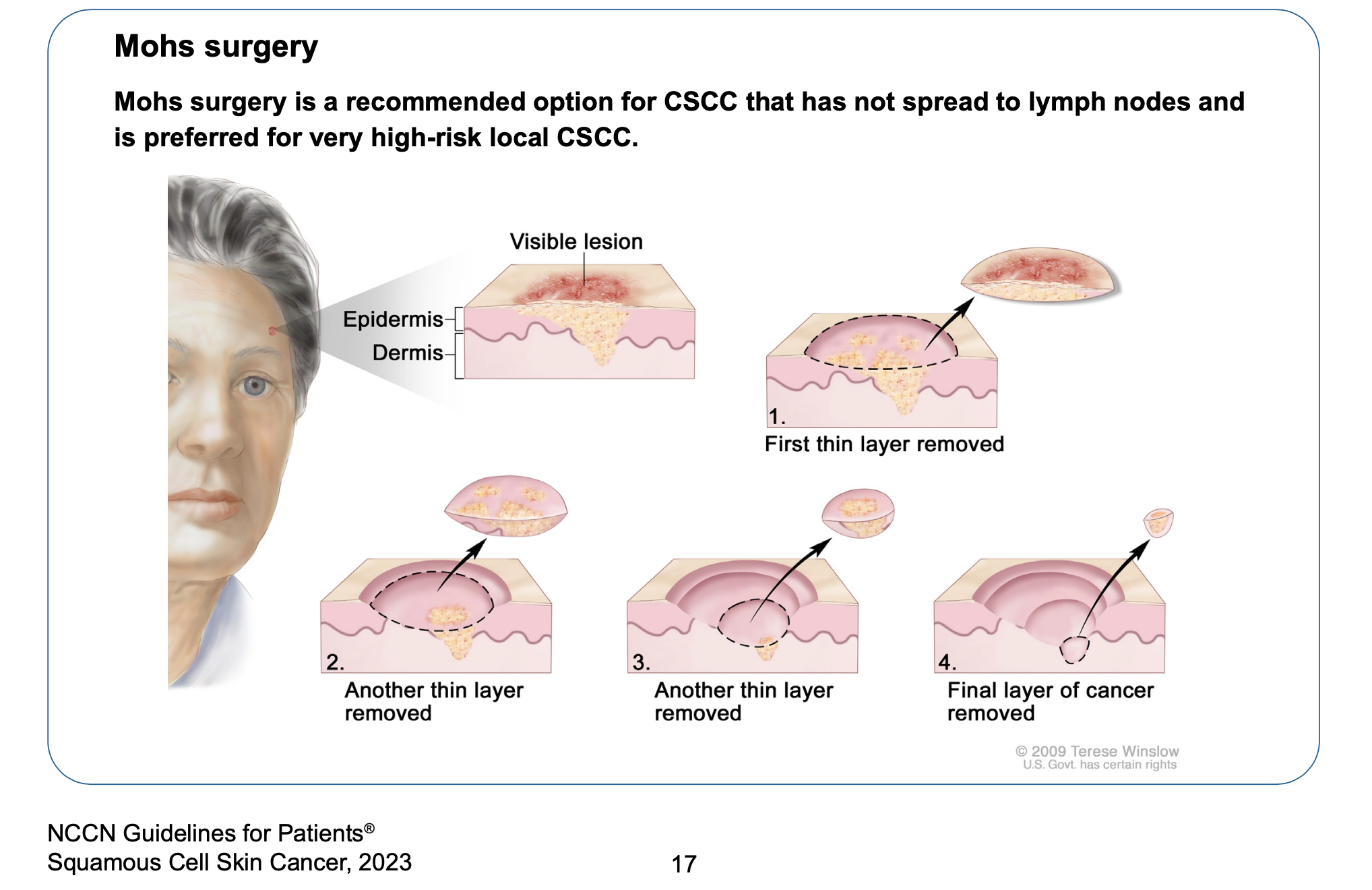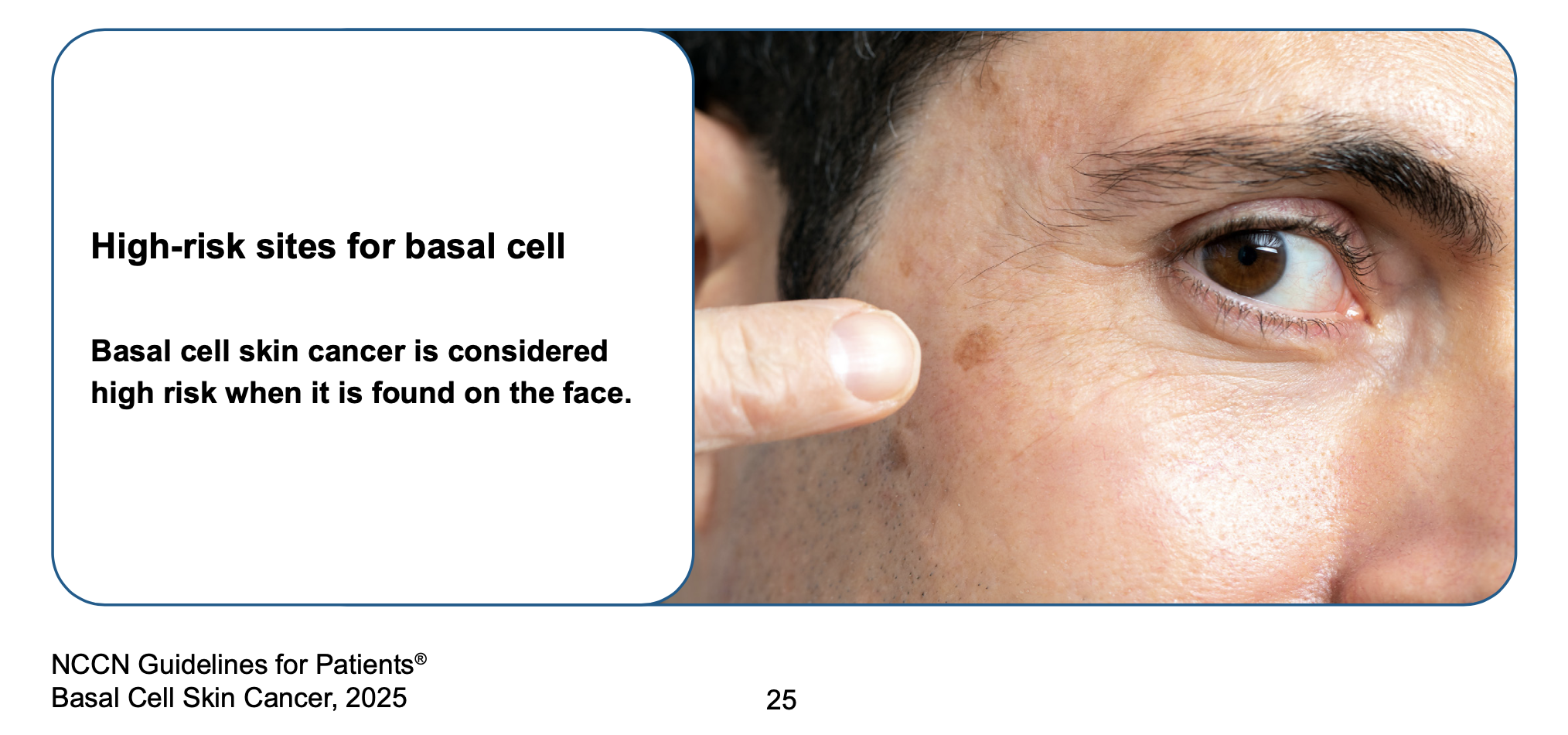![]()
Comprehensive Skin Cancer & Dermatology Care
Quality, Experience, and Compassion


Arizona Mohs Surgery & Dermatology, PLLC, is a dermatology practice dedicated to the comprehensive evaluation and treatment of skin cancer, psoriasis, rosacea, acne, rashes, and other dermatologic conditions.
Dr. Anir Dhir specializes in Mohs micrographic surgery and the most advanced and elegant reconstructive techniques. He is double board-certified in both Dermatology and Micrographic Dermatologic Surgery. Shelby Coplen, PA-C, Taylor Foxworthy, PA-C, and Tabitha Bayne, PA-C, have practiced Dermatology for many years and joined our team from 2024 to 2026. They are experts in skin cancer screenings, non-surgical treatment of skin cancer, and treatment of rashes, psoriasis, rosacea, and acne.
The Arizona Mohs Surgery & Dermatology team is committed to providing the highest quality care in a modern, compassionate, and comfortable environment. Our experienced staff looks forward to taking great care of you.
The most advanced treatment for skin cancer
Of course. We are a full-service Dermatology practice. We would be honored to assist you with evaluation and biopsy of suspicious lesions if not already done by your dermatologist or primary care physician. We are also happy to perform excisions and prescribe non-surgical treatments when Mohs surgery is not needed.
Shelby Coplen, PA-C, joined our experienced team in 2024. Shelby has practiced medical dermatology in Tucson since 2018. Taylor Foxworthy, PA-C, joined in 2025. They are experts in skin cancer screenings, non-surgical treatment of skin cancer, and treatment of rashes, psoriasis, rosacea, and acne.
Mohs surgery is the gold standard and should be the initial therapy for skin cancers occurring in more cosmetically and functionally critical areas such as the face, ears, scalp, neck, hands, feet, and shins. Larger and more aggressive cancers in non-facial locations, as well as some “recurrent’ tumors (those that have failed other therapies) in lower-risk locations, are also appropriate candidates for Mohs surgery. Mohs surgery is also the best approach for skin cancers that are poorly defined, arise in a scar, grow rapidly, or occur in a patient with a compromised immune system in most locations. Mohs surgery is generally not needed for thin, small cancers in non-critical locations because these can be successfully managed with simpler techniques. Our team is happy to assist patients with cancers qualifying for Mohs surgery, simpler excision, or non-surgical therapies.
High-risk cancer as defined by the National Comprehensive Cancer Network (NCCN). Mohs surgery is the recommended INITIAL therapy for all high-risk tumors.
NCCN Patient Guidelines - Basal Cell Carcinoma
NCCN Patient Guidelines - Squamous Cell Carcinoma


In Mohs surgery, one physician functions as both surgeon and pathologist. If a physician removes a skin cancer and sends the specimen to another lab or pathologist for analysis, he or she is NOT performing Mohs surgery for two reasons:
Mohs Surgery is a very accurate, office-based, outpatient procedure performed entirely under local anesthesia. It is best suited to small- to medium-sized skin cancers that have not yet invaded into important underlying tissues such as muscle, cartilage, nerves, or bone. Advanced tumors, those that have failed previous procedures, or those at higher risk of deep invasion or metastasis are often most safely and effectively treated by a hospital-based Surgical Oncologist. These advanced surgical cancer specialists have sophisticated training and expertise in larger surgeries and lymph node biopsies. They also have access to anesthesiologists and other specialists like Medical Oncology and Radiation Oncology who are often needed for more advanced skin cancers.
We have witnessed a worrisome trend in recent years in which high-risk tumors are initially and often repeatedly treated with less appropriate approaches such as "freezing", scraping ("ED&C"), "burning", radiation therapy, or creams when Mohs surgery should have been the initial treatment. These less accurate approaches are actively discouraged by organizations such as the American Academy of Dermatology, National Comprehensive Cancer Network, and American College of Mohs Surgery for the treatment of high-risk tumors such as those located on the face or in hair-bearing areas. Mohs surgery has been the gold standard for the treatment of high-risk tumors for decades.
Sadly, we are unable to accept referrals for many of these undertreated and mismanaged cancers. They often need drastic, large surgeries that are beyond the scope of our office-based practice. It is always best to diagnose and accurately treat ALL skin cancers as early as possible. Repeated failed therapies tend to turn small problems into much larger ones.
From the National Comprehensive Cancer Network. Mohs surgery is the recommended INITIAL treatment for all high-risk cancers.

Most patients spend 3 to 5 hours with us. Much of that is “downtime” where you rest comfortably while waiting on our team to prepare frozen Mohs sections and read the slides to ensure clear surgical margins. We encourage patients to bring reading materials to pass the time, and we also provide Wi-Fi access so that you may watch a movie or surf the internet on your own laptop computer, phone, or iPad. Please note that surgeries for larger, neglected, aggressive, recurrent, or mid-facial cancers may take longer, particularly if multiple stages are needed to clear the tumor and/or more advanced reconstruction is needed.
One of the biggest risk factors for sneakier tumor growth is a history of previous undertreatment, particularly freezing with liquid nitrogen cryotherapy. Unfortunately, freezing not only fails to cure the cancer but also tends to drive it deeper and wider into underlying tissues. Please note that these recurrent tumors typically require several Mohs stages to clear the tumor and need longer visits often lasting 5 to 7 hours.
The majority of wound closures are performed in our office. Occasionally, we may need to utilize an outside surgical specialist to perform the post-Mohs reconstruction if the tumor turns out to be larger, deeper, or more complex than initially anticipated. If an outside surgical specialist is needed, the reconstruction may take place on the same day or on subsequent days. Please note that it is safe to delay the reconstruction, and that it’s possible that hospitalization may be needed for extensive reconstructions.
Absolutely. Unlike some physicians performing Mohs surgery in Tucson, Dr. Dhir completed a dedicated and prestigious American College of Mohs Surgery (ACMS) accredited fellowship prior to entering private practice in 1999. He was then the single busiest Mohs surgeon in Kentucky for many years prior to opening Arizona Mohs Surgery and Dermatology in 2020. He has performed 46,000 Mohs procedures with a cure rate over 99.5% and an infection rate of only 0.2%. He carries subspecialty board-certification in Micrographic Dermatologic Surgery.
Dr. Dhir is a nationally recognized expert in both Mohs surgery and facial reconstruction. Since 2003, his colleagues have repeatedly elected him to both Best Doctors in America and Castle Connolly's Top Doctors - recognitions that place Dr. Dhir in the top 4 to 7% of all U.S. board-certified physicians, respectively.

The majority of Mohs surgeons and dermatopathologists believe that permanent (formalin-fixed) tissue sections allow more accurate margin analysis for melanoma than Mohs frozen sections, even if additional MART-1 immunostaining is done. This is not an issue for basal and squamous cell carcinomas, where frozen sections are universally accepted and allow more efficient, same day analysis. Therefore, we follow current NCCN surgical margin guidelines which state "the gold standard for histologic assessment of excised melanoma is use of permanent sections". Our specimens are evaluated within 24 - 48 hours by a board-certified dermatopathologist. NCCN guidelines also suggest that the surgeon consider delaying closure of melanoma excisions until margin analysis has been completed if a flap or graft may be required. This means that some melanoma surgeries may require 2 or more visits to ensure maximum accuracy.

Anir Dhir, M.D., is a fellowship-trained and board-certified Mohs micrographic surgeon who is dedicated to excellence. Since 1999, Dr. Dhir has performed over 46,000 Mohs surgeries with a cure rate of over 99.5%. He is a Life Member of the American College of Mohs Surgery and has been repeatedly elected by his colleagues over the past 24 years to both Best Doctors in America and Castle Connolly's Top Doctors - honors given to only the top 4% and 7% of all U.S. Physicians, respectively.